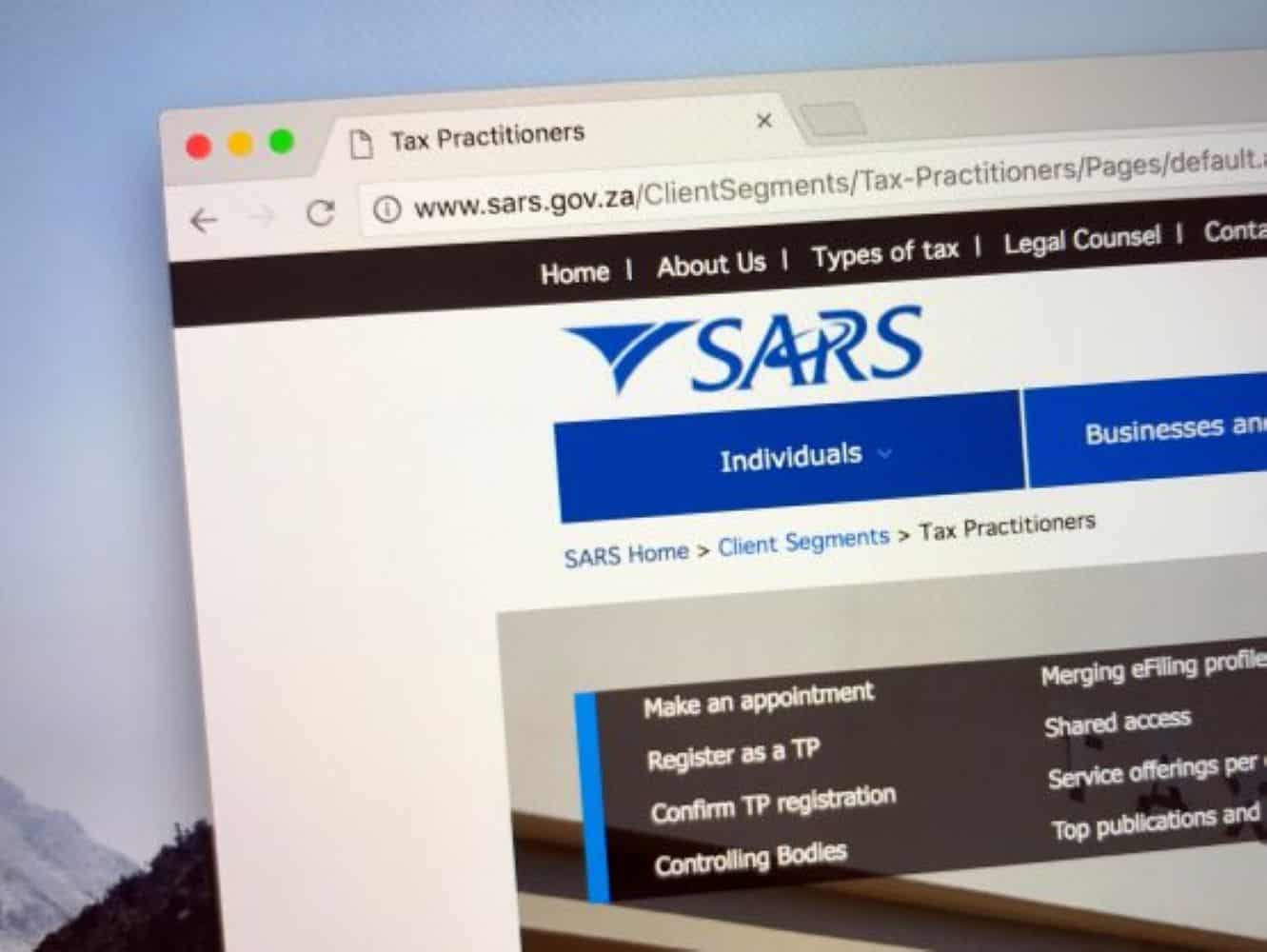The new Crypto-Asset Reporting Framework will give it detailed access to your crypto trading activity.

The buccaneering days of hiding crypto transactions from the taxman are probably over.
The new Crypto-Asset Reporting Framework (Carf), now open for public comment, will require crypto asset service providers (Casps) to identify their users and report transactions above a certain threshold to the South African Revenue Service (Sars) annually.
The deadline for public comment is 3 October 2025. The framework is an international standard developed by the Organisation for Economic Co-operation and Development (OECD) to bolster tax transparency in the crypto sector and allow for sharing of information on transactions between participating jurisdictions.
The draft regulations place Casps at the centre of the compliance framework – effectively making them agents of the state, much as employers collect pay-as-you-earn from employees and hand it over to Sars.
The type of entities covered by the regulations include crypto exchanges, brokers, and wallet providers. They will be required to collect and report detailed information on crypto transactions, including acquisitions, disposals, transfers, and valuations.
“The scope is broad, covering not only traditional cryptocurrencies but also stablecoins and certain NFTs [Non-Fungible Tokens],” says Wiehann Olivier, head of fintech, digital assets and private equity at Forvis Mazars in South Africa.
ALSO READ: Are you making money with crypto assets? Sars is looking for you
Roster of rules
The roster of rules governing crypto service providers is steadily lengthening. They already report to the Financial Intelligence Centre and are obliged to monitor transactions that might flout the Financial Action Task Force [FATF] travel rule, which was introduced earlier this year.
It requires Casps to collect and share identifying information about the senders and receivers of crypto transactions above R5 000, with the aim of countering terrorism financing and money laundering.
Carf introduces additional tax-specific due diligence requirements. These include verifying tax residency and identifying reportable persons under the OECD framework.
“Casps will need to ensure their systems can support both regulatory and tax reporting obligations in parallel. The reputational and financial risks of non-compliance are significant,” adds Olivier.
“Sars has made it clear that failure to meet reporting obligations will result in penalties and enforcement action under the Tax Administration Act. Casps that do not adapt may face market exclusion or consolidation.”
ALSO READ: Sars’ spotlight on crypto traders signals new era of accountability, say experts
For taxpayers, the Carf regulations eliminate the ambiguity that has long surrounded crypto taxation. Sars will have granular, transaction-level data, which means under-declaration and omissions will become increasingly risky, warns Olivier.
“Taxpayers – especially those with significant crypto holdings – must now ensure their records are accurate, complete, and defensible. This includes reconciling historical transactions, calculating gains, and understanding the tax implications of staking, lending, and other crypto activities.”
The days of informal recordkeeping and selective disclosure are over. Crypto assets must now be treated with the same level of diligence as traditional financial instruments.
“Crypto is no longer a fringe asset class. It is now subject to the same scrutiny as traditional financial instruments,” says Olivier.
“This shift will influence investor behaviour, platform design, and product innovation. We expect to see increased demand for tax-efficient crypto investment structures, formalised reporting, and better integration between crypto platforms and traditional financial institutions.”
ALSO READ: Declare your crypto profits or face prison time, warns Sars
Voluntary disclosure
This comes at a time when Sars is already closing in on those believed to have under-reported their crypto assets. It has issued thousands of letters to those suspected of under-reporting, with hefty penalties for those who don’t come clean.
Tax specialists warn that those who fail to act now risk not only hefty fines but also potential criminal prosecution.
One way to minimise these penalties is to take advantage of Sars’s Voluntary Disclosure Programme (VDP), which allows those with undeclared crypto gains to voluntarily disclose them.
“By doing so, they can avoid severe penalties of up to 200% and potential criminal charges – although interest will still apply. This is a valuable opportunity for anyone with undeclared crypto gains to come clean before Sars takes enforcement action,” says Evádne Bronkhorst, senior manager for tax consulting at Forvis Mazars.
CoinLedger estimates nearly eight million crypto users in SA, but only about 500 000 are declaring the income or capital gains they generate from their trading and investing activities.
ALSO READ: Cryptocurrencies won’t escape taxation from Sars
Taxpayers involved in crypto transactions or holding digital assets should anticipate increased scrutiny and enhanced information sharing among tax authorities, emphasising the necessity for precise tax reporting and compliance, says Jashwin Baijoo, associate director at Tax Consulting SA.
“Now is not the time to take risks. Sars’s approach clearly shows we are dealing with a competent revenue authority. So why risk it when compliance is evidently the preferred way forward, which Sars is willing and ready to assist all taxpayers with, as advised by Commissioner Edward Kieswetter,” adds Baijoo.
All this is a far cry from the early days of crypto, when many hoped the anonymity of the blockchain would shield them from scrutiny by the authorities.
Olivier points out that blockchain transactions are not fully anonymous; they are linked to wallet addresses, and with sufficient on- and off-chain data, these addresses can often be tied back to individual taxpayers.
“Because every transaction is permanently recorded on an immutable public ledger, this creates a powerful tool for revenue authorities such as Sars.”
This article was republished from Moneyweb. Read the original here.
Support Local Journalism
Add The Citizen as a Preferred Source on Google and follow us on Google News to see more of our trusted reporting in Google News and Top Stories.






